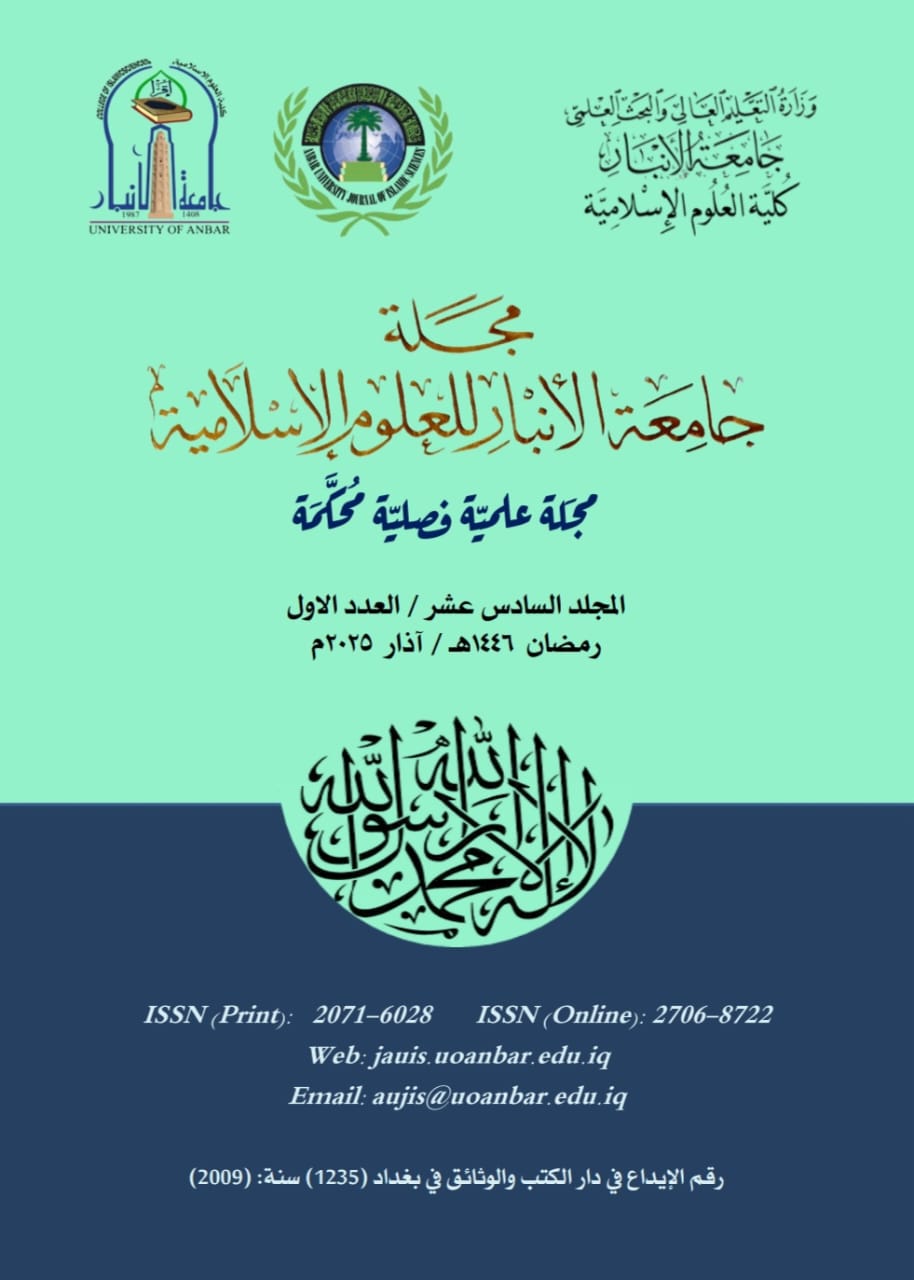Abstract
The idea of the research is based on the fact that the importance of surgical robots have not yet been well determined, due to the discrepancy between their marketing role on the one hand and what is expected of them on the other hand. The importance of the research lies in highlighting the role of governance in addressing the challenges that surgical robots of all types pose to the medical system and its regulations. The research problem is that current regulations need to address the rapid development of surgical robots because there is a flawed lack of framing their importance in terms of definitions, classifications, or intended use of these devices. In addition, the emergence of autonomous surgical robots in experimental studies raises questions about the legal and regulatory regimes surrounding medical devices and the practice of medicine. All of this is on the basis of the many ethical considerations for using robotic systems in surgery.
The research aims to provide a vision for the control of surgical robots\' use and organization by addressing the vision of the robot\'s ethical agencies in general and the Sharia vision in particular, so that decision-makers can create an ideal regulatory framework that is regulated by the purposes, rules and provisions of Sharia.
The research used the inductive approach to identify challenges posed by surgical robots on the one hand and collect the insights of ethical robotic agencies on the other hand. The comparative analytical method was used for presenting visions about ethical robot agencies and comparing them with the Sharia (legal) perspective, and the deductive method was used for determining governance elements and sometimes, its limits.
The research aims to provide a vision for the control of surgical robots\' use and organization by addressing the vision of the robot\'s ethical agencies in general and the Sharia vision in particular, so that decision-makers can create an ideal regulatory framework that is regulated by the purposes, rules and provisions of Sharia.
The research used the inductive approach to identify challenges posed by surgical robots on the one hand and collect the insights of ethical robotic agencies on the other hand. The comparative analytical method was used for presenting visions about ethical robot agencies and comparing them with the Sharia (legal) perspective, and the deductive method was used for determining governance elements and sometimes, its limits.
Keywords
Ethics
governance
Sharia (legal) perspective.
surgical robots
Abstract
على تأطير مكانة الروبوتات الجراحية التي لم يتم تنظيمها حتى الآن. وتكمن أهمية البحث بإبراز دور الحوكمة في مواجهة التحديات التي تثيرها الروبوتات الجراحية على المنظومة الطبية وقوانينها. وتتمثل مشكلة البحث في حاجة اللوائح الحالية لمعالجة النقص المعيب في تأطير مكانتها من حيث التعريفات والتصنيفات والاستخدام المقصود لهذه الأجهزة فضلا عن ظهور الروبوتات الجراحية المستقلة في الدراسات التجريبية ، والذي يثير أسئلة حول الأنظمة القانونية والتنظيمية المحيطة بالأجهزة الطبية وممارسة الطب،وكل ذلك في ضوء تتعدد الاعتبارات الأخلاقية لاستخدام الأنظمة الروبوتية في الجراحة، ويهدف البحث إلى تقديم رؤية لضبط الروبوتات الجراحية في الاستخدام والتنظيم بالتطرق إلى رؤية وكالات الروبوت الأخلاقية عموما والشرعية تحديدا، بحيث يتمكن أهل القرار من إنشاء إطار تنظيمي مثالي منضبط بمقاصد الشرع وقواعده وأحكامه. واستخدمت المنهج الاستقرائي في تحديد التحديات التي تثيرها الروبوتات الجراحية وجمع الرؤى في وكالات الروبوت الأخلاقية، والتحليلي المقارن في عرض الرؤى حول وكالات الروبوت الأخلاقية ومقارنتها بالمنظور الشرعي،والاستنباطي في تحديد عناصر الحوكمة وحدودها.
Keywords
الروبوتات الجراحية، حوكمة، أخلاقيات، منظور شرعي
